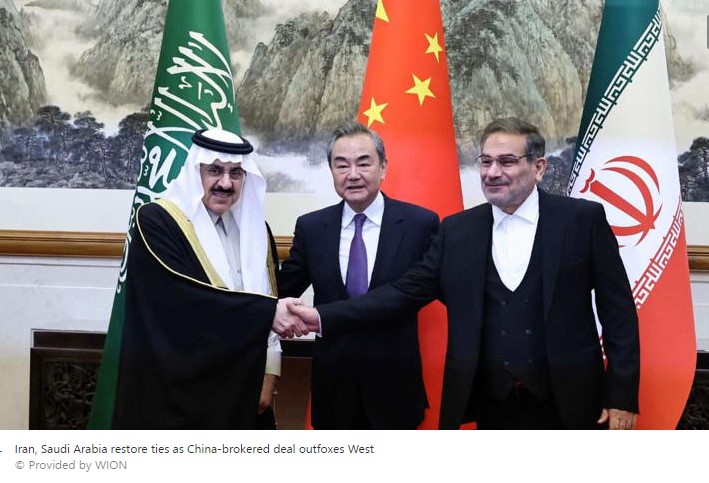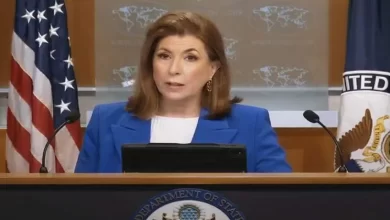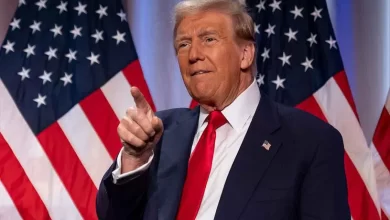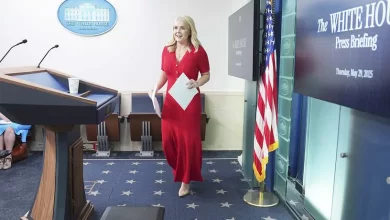Iran, Saudi Arabia restore ties as China-brokered deal outfoxes West

With China at the centre of the geopolitical picture, Iran and Saudi Arabia agreed to restore diplomatic ties after their seven years of bilateral estrangement in West Asia. The deal, which entails Iran and Saudi Arabia reopening their embassies and missions in each other’s cities within two months, indicates a shifting of sands in Beijing’s favour in a region where the U.S. has waged conflicts and spent hundreds of billions of dollars in providing security for allies.
“The agreement between Saudi Arabia and Iran, which China mediated, reflects a new reality in West Asia, namely, that China is now a geopolitical and economic power in the region with the ability to influence bilateral relationships and security dynamics,” Washington-based Middle East Institute’s Mohammed Soliman, the intellectual architect of I2U2 (India, Israel, United Arab Emirates and the United States) group told WION.
Following the announcement of the deal on Friday, while the White House has expressed caution – raising scepticism over the Iranian side’s willingness to honour the agreement – Hezbollah chief Hassan Nasrallah welcomed Friday’s Chinese-brokered announcement stating that it could “open new horizons throughout the region, including Lebanon.”
Beijing’s diplomacy outfoxes West
China in recent years has spent significant diplomatic capital to build closer economic ties with Iran and Saudi Arabia, the Shia and Sunni powerhouses of the Islamic world rivalling each other’s geostrategic trajectories.
Chinese leader Xi Jinping raised the idea of the talks most recently during a state visit to Riyadh in December, according to people familiar with the matter cited by the Wall Street Journal.
While Riyadh is an important oil supplier to the world’s second-largest economy, Beijing has made a special effort to make significant oil purchases from Tehran despite the United States-led sanctions against Iran for its reported nuclear belligerence in the region.
Saudi-Iran ties: The hostilities of recent past
The Saudi-Iran ties soured in January 2016 after the execution of a prominent Saudi Arabia Shia cleric Sheikh Nimr. Following the execution, a mob in Tehran stormed the Saudi embassy while another set the Saudi consulate in Mashhad on fire. Mashhad is Iran’s second most populous city located about 900 km east of Tehran.
The already strained Saudi-Iran ties were severed shortly after.
In 2019, the two sides were on the brink of war when Iran was blamed for missile and drone attacks on a Saudi oil field.
Saudi-Iran ties restored: Implications for conflicts in West Asia
Since the beginning of the civil war in Yemen in 2014, Iran has been accused of backing Houthi rebels in Yemen, a Shiite movement fighting Yemen’s Sunni-dominated government. But as part of the deal, Iran has reportedly pledged to halt attacks against Saudi Arabia, including from Houthi rebels it has admitted supporting ‘politically’ in the past.
But Soliman urges caution on a wider expectation related to the cessation of hostilities in the region.
“There are no clear guarantees from China that it might push Iran to change its approach to the region, particularly in Yemen,” Soliman advises.







